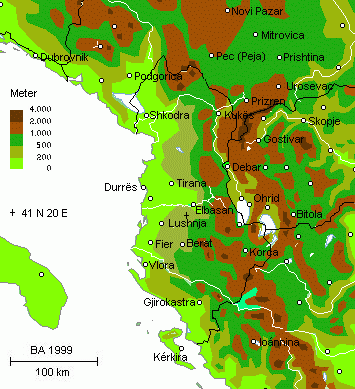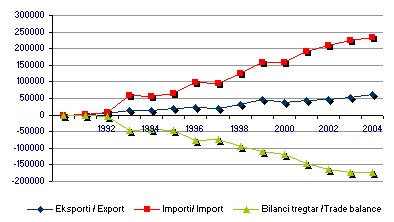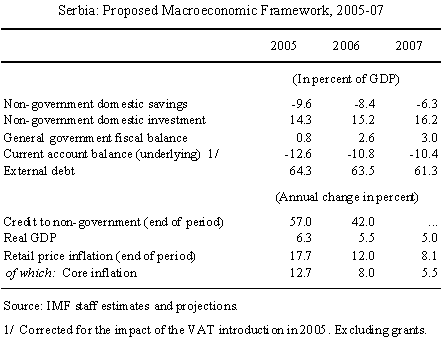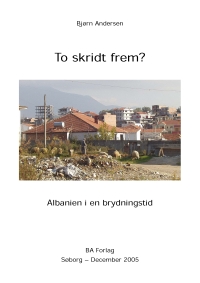Sidste Nyt fra Albanien, Kosóva og Makedonien
The Latest News from Albania, Kosóva and Macedonia
# 310 - 8' årgang - 04.08.2006
Version 1.1 • [04.08.2006; nogle forkerte billedlinks er rettet]
PDF for printing •
Info om »Sidste Nyt«
Udgiver:
Bjørn Andersen
Publisher:
Bjoern Andersen

Politikeren og forfatteren Pjeter Arbnori er død. Se under: Albanien.
![]()





















